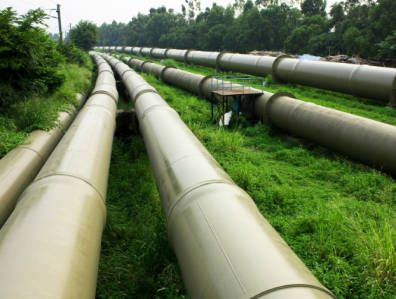The $25 billion Nigeria-Morocco Gas Pipeline (NMGP) project has recorded a new milestone with the creation of a dedicated Project Company.
The establishment of this structure signals the transition from the feasibility and financial study phase to setting up the institutional and financial framework necessary to execute the pipeline’s construction.
The project has attracted the involvement of several international financiers, including the European Investment Bank (EIB) and the Islamic Development Bank (IsDB), which had been previously mentioned by project stakeholders.
The pipeline is set to transport up to 30 billion cubic meters (bcm) of gas annually across more than 6,000 kilometers, connecting a dozen West African countries to the Moroccan network and ultimately to Europe.
Nigeria, Africa’s top oil producer and holder of the continent’s largest proven gas reserves, is actively seeking to diversify its export markets beyond the region.
For Morocco and the transit nations, the pipeline aims to improve access to energy while strengthening their role in the international gas market.
The creation of a Project Company is a critical step for such infrastructure.
It centralizes responsibilities, structures financing, and clarifies governance. As the World Bank notes, such an entity is created to exclusively house the project’s assets, enhancing the transparency of commitments.
Support from multilateral financial institutions helps validate the project’s economic viability and attract potential investors.
The final investment decision (FID), expected by the end of 2025, will be decisive in gauging the ability to finance the massive infrastructure.





